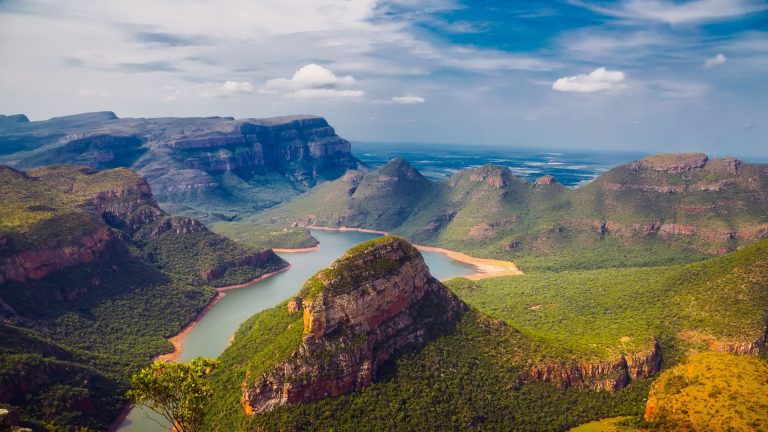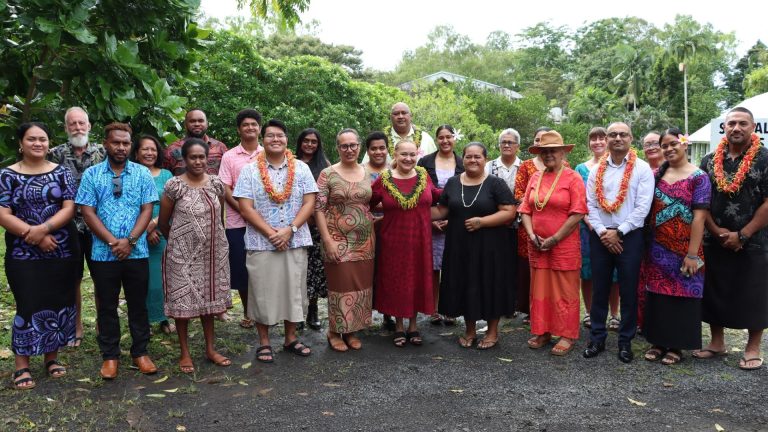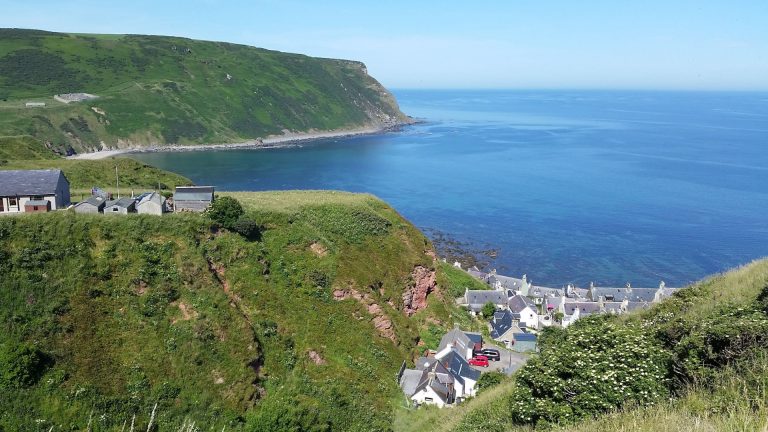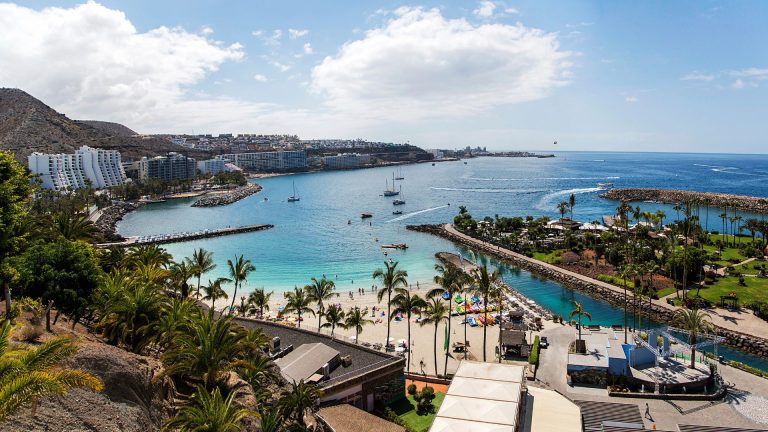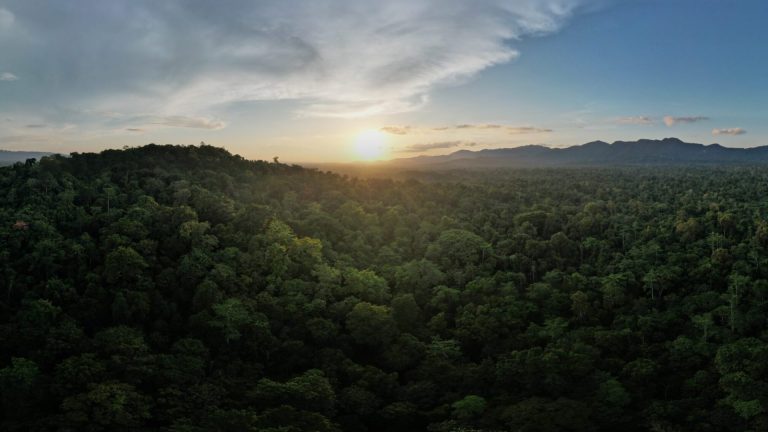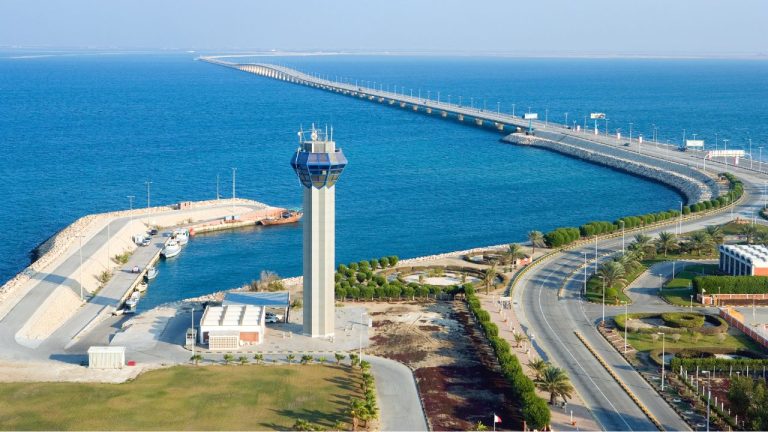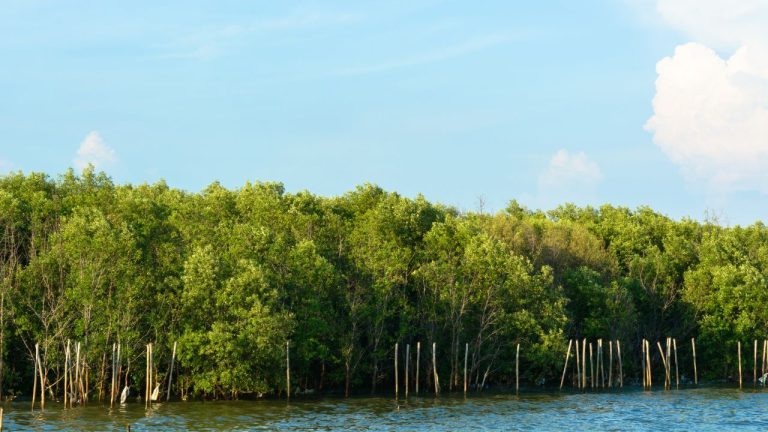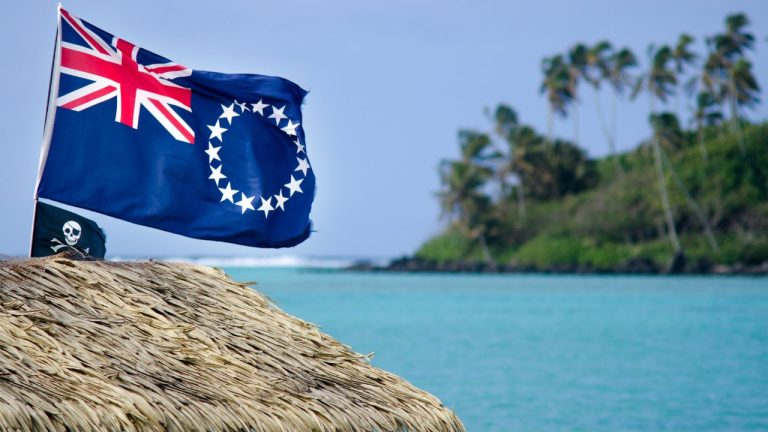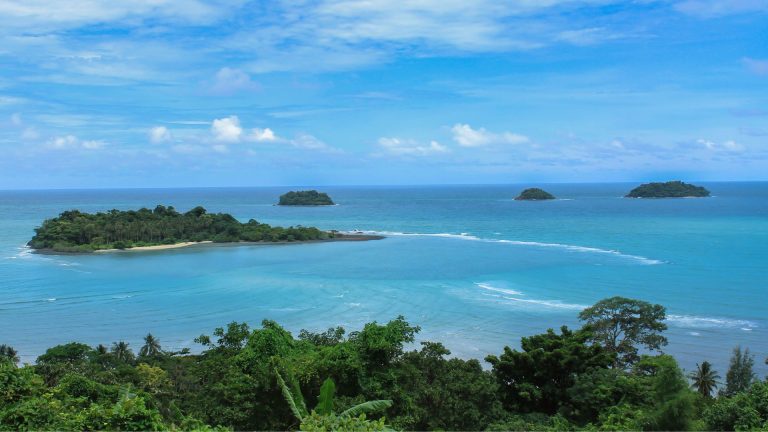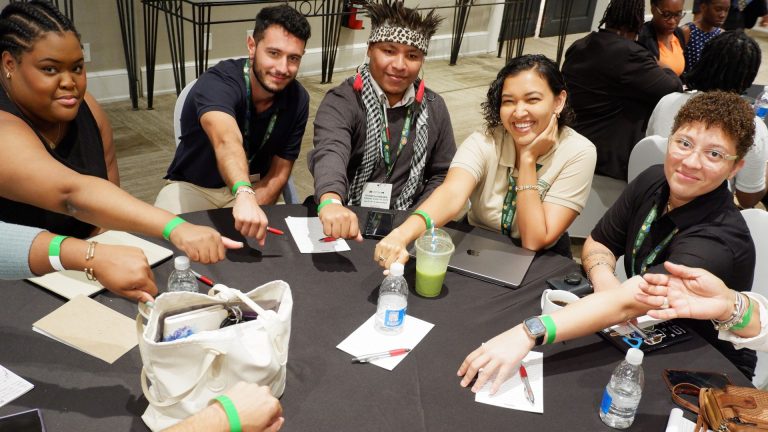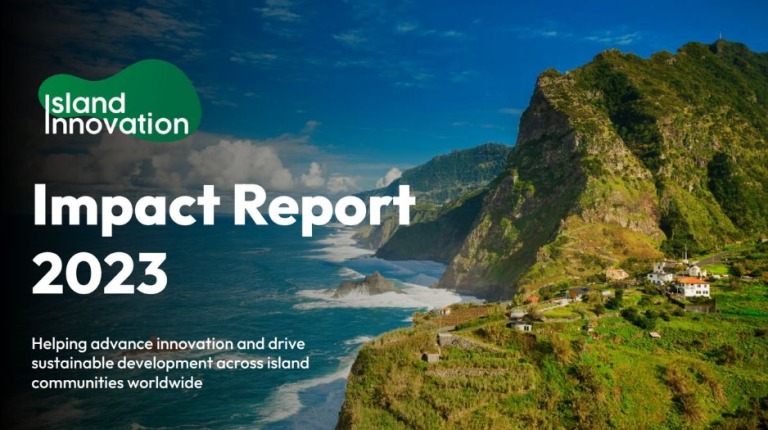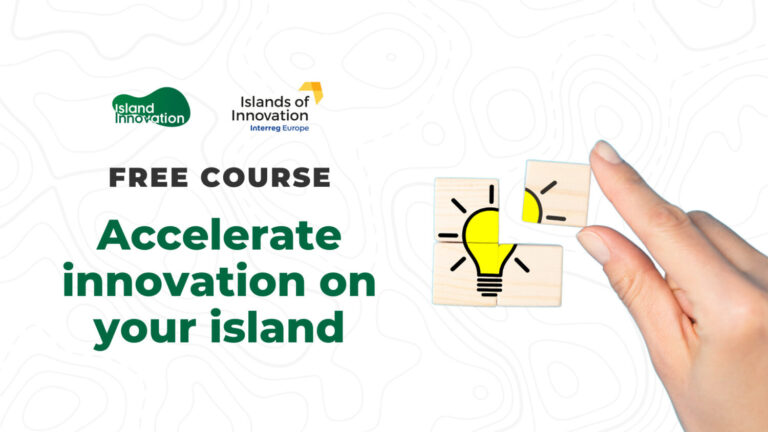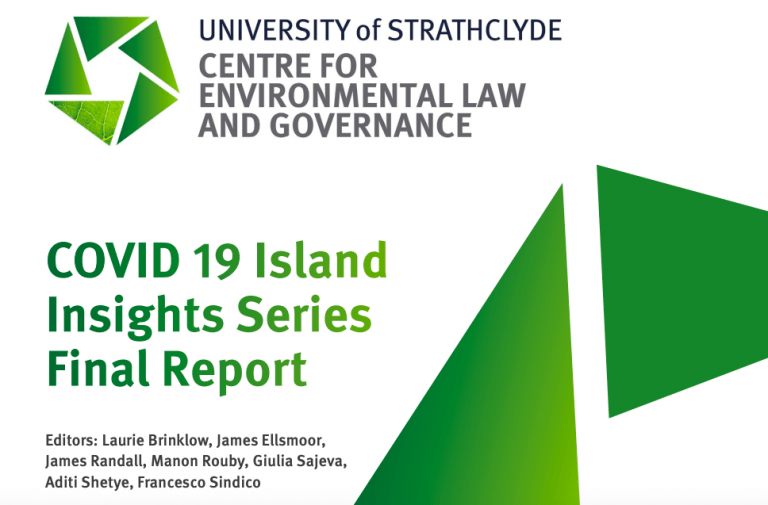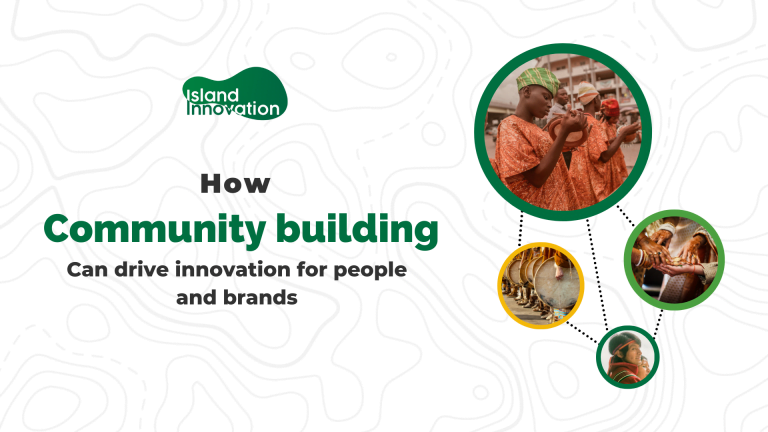Excerpt from ocean-climate.org
This year’s United Nations Climate Change Conference (COP29), slated to be held in Baku, Azerbaijan, has been deemed as the ‘Finance COP’. Parties to the United Nations Framework Convention on Climate Change (UNFCCC) are supposed to decide on a new climate finance goal, commensurate with the goals and provisions of the Paris Agreement (2015).
However, questions remain about how the ocean will benefit from the potential increase in hopefully good quality climate finance that may be provided and mobilised under this new goal for developing countries. This requires clarification, especially since Parties were invited to strengthen ocean-based climate action, last year, in the outcomes of the first Global Stocktake of the Paris Agreement [5] (Table 1). This holds particular importance as the ocean is a low priority on the COP29 agenda.
The literature continues to grow on ocean action, including detailed mappings of where the ocean fits within the climate regime and guidance on how ocean solutions can be integrated in climate strategies.
Yet, a critical gap remains in research focused on analysing the international support for these actions, specifically the provision of financial resources or `climate finance’. There is no overview of the extent to which finance for climate action is allocated to ocean-based solutions under the UNFCCC regime, the primary forum for these discussions.
This brief seeks to contribute to the initial efforts to bridge this gap by providing an overview of ocean-related climate finance within the UNFCCC regime and outlining a preliminary roadmap to advance this topic within the different UNFCCC processes. It highlights upcoming milestones from COP29 in Baku (2024) and COP30 in Belem (2025), offering concrete recommendations for Parties and non-Party stakeholders to raise ambition for the ocean in the negotiations.



